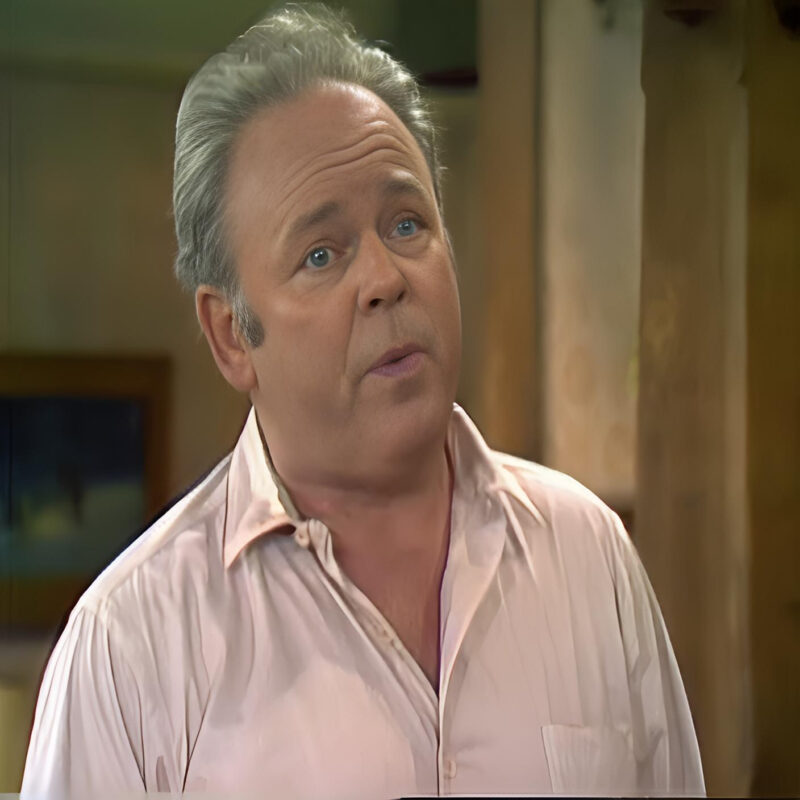
Norman Lear, the visionary force behind some of America’s most groundbreaking sitcoms, passed away on Wednesday at the age of 101, his family announced. Across a career spanning over six decades, Lear reshaped television with his fearless approach to tackling societal taboos and cultural divides through humor.
Lear’s impact on television history is indelible, having created or developed iconic shows like “All in the Family,” “Sanford and Son,” “Maude,” “Good Times,” “The Jeffersons,” and the reimagined “One Day at a Time” with a Latino cast in 2017.
His productions were revolutionary, delving into contentious issues such as racism, sexism, women’s liberation, antisemitism, abortion, homophobia, the Vietnam War, and class conflict—topics that had been largely avoided on prime-time television until then. Off-screen, Lear was an outspoken progressive, advocating passionately for civic responsibility and social justice.
Perhaps Lear’s most enduring creation is Archie Bunker, the complex and controversial protagonist of “All in the Family.” Played by Carroll O’Connor, Bunker became a cultural touchstone, loved for his flawed humanity despite espousing outdated and often offensive views—a character Lear drew from his own father.
Reflecting on contemporary events in a 2022 editorial for The New York Times, Lear speculated how Archie Bunker might have responded to modern political divides, suggesting that despite his faults, Bunker would have been disheartened by the misuse of the American flag during the Capitol riot.
Lear’s career garnered numerous accolades, including six Emmy Awards, induction into the Television Academy Hall of Fame, a Peabody Lifetime Achievement Award, and the Carol Burnett Award for lifetime achievement at the Golden Globes in 2021.
Beyond his creative contributions, Lear’s influence on television extended far beyond the screen, inspiring generations of creators to use the medium as a platform for social commentary and political satire. His shows paved the way for more politically engaged television narratives that challenged viewers to confront and reconsider societal norms.
Born Norman Milton Lear on July 27, 1922, in New Haven, Connecticut, Lear’s early life was marked by adversity, including his father’s imprisonment when he was nine. This event, Lear later reflected, profoundly shaped his understanding of human folly and resilience.
Lear’s journey into entertainment began with writing for comedy icons like Dean Martin and Jerry Lewis in the 1950s before making his mark in television with the Western series “The Deputy” and later transitioning to filmmaking with critically acclaimed works such as “Divorce American Style” and “Cold Turkey.”
“All in the Family,” launched in the early 1970s, became Lear’s defining achievement, setting a new standard for television by fearlessly confronting societal issues through the lens of the Bunker family’s tumultuous debates. The success of “All in the Family” spawned a string of hit spin-offs and related series that further cemented Lear’s legacy as a television pioneer.
Throughout his career, Lear remained steadfast in his commitment to progressive activism, founding People for the American Way to counteract the rise of the religious right in politics. His dedication to First Amendment rights and civic engagement underscored his belief in the power of media to provoke thought and spark meaningful dialogue.
Norman Lear’s influence on television and American culture is immeasurable, leaving behind a legacy that continues to shape the landscape of television storytelling and social commentary today. His life, as he once reflected, was enriched by family and laughter—an enduring testament to his enduring impact on the world he so passionately sought to change.
